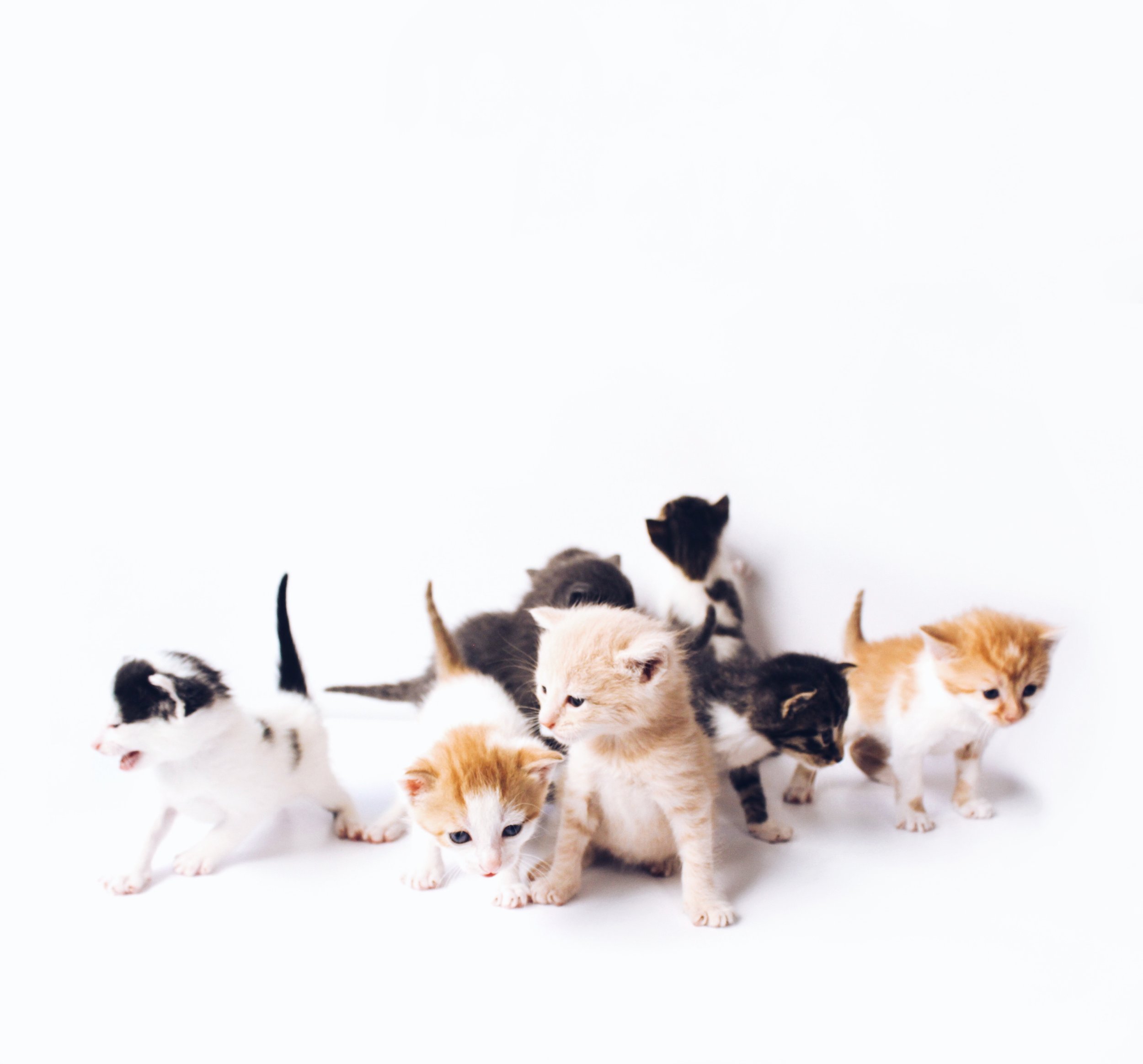
Spay & Neuter

Overview and Pricing:
Drop-off for scheduled surgery is 7:45am - 8:15am.
Pick-up is 6:30pm.
Each cat must have it’s own carrier, we don’t recommend soft carriers for the safety of your furry family members, hard sided carriers preferred.
Each dog must be on a leash for the safety of everyone.
Dog surgery (under 100 pounds only) – $130
Cat surgery – $90
Pets Alive Recommends Fully Vaccinating Your Pet Before Surgery:
We are a high-volume clinic. While we keep everything as clean and sterile as possible, we want to keep your pet as protected as possible. Therefore, we recommend every animal be fully vaccinated at least two weeks prior to surgery. We cannot be held responsible for complications resulting from contagious diseases for which the animal was not properly vaccinated. We offer affordable vaccinations at our Wellness Clinic.
Occasionally, there may be additional charges depending on each patient’s individual needs and circumstances. Please understand that we will automatically do what is medically necessary to keep each individual healthy and safe during surgery. Common examples include repairing open hernias, inguinal hernia repair, cryptorchid/undescended testicle retrieval, flea treatment and subcutaneous fluids.
Please Note: The Rabies vaccine is required for all patients per Indiana state law.
Proof of rabies vaccination is required based on Indiana state law. Current paper rabies vaccination certificate is required (a tag is not sufficient). If not presented at time of check-in we must give the Rabies vaccine, and an additional fee will be charged.

Surgery scheduling instructions:
Request your appointment. Complete all of the questions; it is very important that we have both your and your pet’s correct information. Next, select all of the service you would like your pet to have during the visit. We can add services at arrival but it is important to have the majority of the services be in the initial appointment request. We must have an email address to email your forms to you to sign once your appointment is approved.
We will review the request to schedule. If we have questions we will call before confirming the appointment.
Once we approve the appointment you will receive an email confirmation and the appropriate form (SN Consent for surgery or Wellness Form for vaccine clinic) will be in the email as a link to open and complete.
Complete the forms in their entirety. We must have all questions that have blue answer boxes completed before you send the form back to the clinic.
A deposit is required to hold your appointment(s). If you need to cancel/reschedule your appointment and fail to call ahead of time, your deposit will NOT be returned.
Still have questions? Call us for guidance at 812-349-1349.

It's Good for the Community
Spay/neuter saves lives
The impact of Pets Alive in our community is unmatched. Every surgery we perform combats pet overpopulation, preventing multiple unwanted animal births and significantly reducing the burden on local shelters and taxpayers.
It's Good for the Pet
Spay/neuter means longer, healthier lives
Spaying a female (removing the ovaries and uterus) or neutering a male (removing the testicles) are veterinary procedures with the same general anesthesia used in human medicine. Both surgeries usually require minimal hospitalization. Neutering a male cat or dog early can prevent testicular cancer, prostate disease, and hernias. Spaying a female cat or dog helps prevent pyometra (infected uterus) and breast cancer; having this done before the first heat offers the best protection from these diseases. Treatment of pyometra requires hospitalization, intravenous (IV) fluids, antibiotics, and spaying. Breast cancer can be fatal in about 50% of female dogs and 90% percent of female cats. The more times a female goes into heat, the higher her chances are of breast cancer. Ideally, cats and dogs should be spayed before entering their first heat cycle.
It's Good for the Home
Spay/neuter means calmer, better behaved lives
Neutered male cats and dogs focus their attention on their human families. Un-neutered males roam in search of a mate, risking injury in traffic and in fights. They mark territory by spraying strong-smelling urine on surfaces. Indoors, male dogs may embarrass you by mounting furniture and human legs. A neutered dog protects his home and family just as well as an un-neutered dog, and many aggression problems can be avoided by early neutering.
While female cycles vary greatly, most cats exhibit several unpleasant signs when in heat. For 4-5 days every three weeks, they yowl and urinate frequently, sometimes all over the house, advertising for mates. They often attract un-neutered males who will spray urine around the female’s home. Female dogs also attract males from great distances and have a bloody discharge for about a week. Female dogs often show changes in their behavior due to a shift in hormone balance. She may also urinate more often than she normally does.